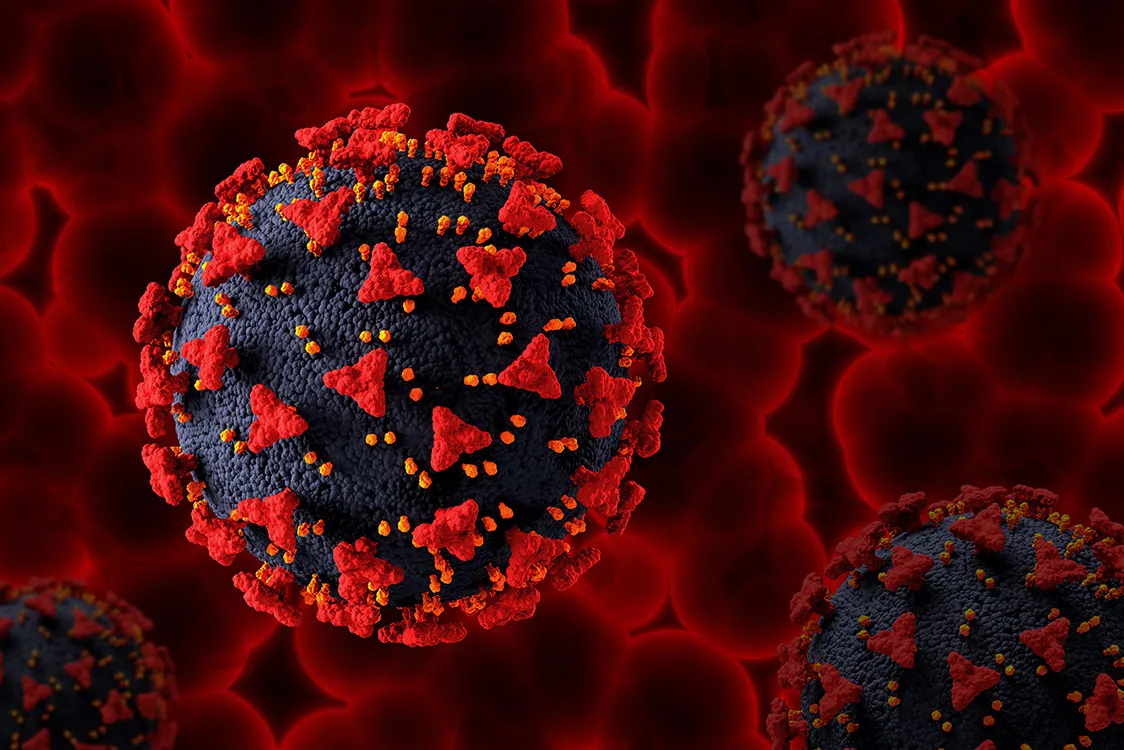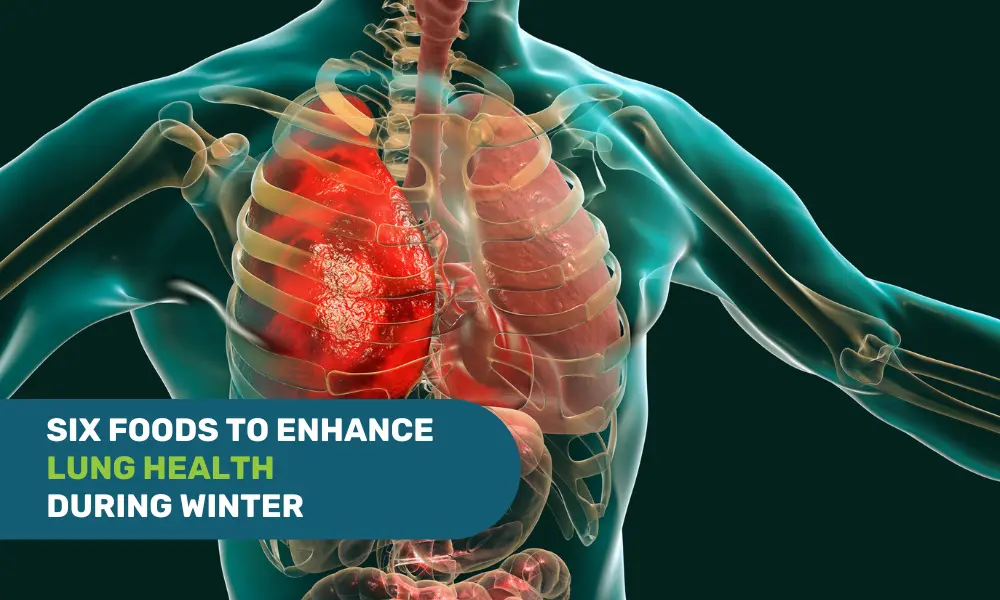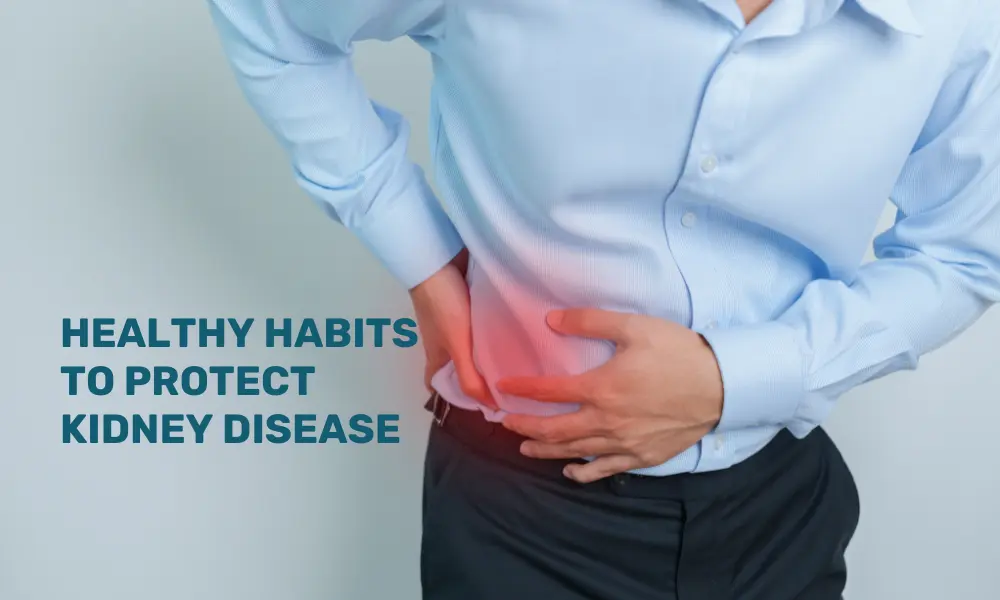According to researchers, rates of various cancers have increased among people under 50 in many nations since the 1990s. Even though the causes are unclear, early-life changes in the environment and lifestyle are likely to have an impact.
According to the review, rates of 14 cancers have been gradually rising annually among younger adults in various nations, including the United States and Canada, Sweden, England, Ecuador, Uganda, and South Korea.
Cancer can affect any organ like the breast, colon, esophagus, kidneys, liver, stomach, and pancreas.
According to Brigham and Women’s Hospital senior researcher Dr. Shuji Ogino, the rising incidence of some cancers may be partially explained by increased screening. More cases of these conditions can be found earlier thanks to screening tests for conditions like breast and colon cancer.
But, he claimed, the rising incidence of cancer among younger adults goes beyond what would be predicted by improved detection.
According to Ogino, many cancers on the rise develop along the digestive tract, “anywhere from the mouth to the anus.” That suggests a potential function for the microbiome, he continued.
The vast variety of bacteria that typically live in the body, primarily in the digestive tract, is called the microbiome. Recent studies have shown the microbiome’s importance to overall health, aiding immunity, combating chronic inflammation, and other essential processes.
The microbiome’s composition varies for everyone based in part on genetics. Ogino pointed out that environmental factors, such as diet, alcohol consumption, smoking, exercise, and antibiotic use, are also important.
These environmental exposures have also changed significantly in the last few decades.
Ogino cited the spread of the “westernized” diet as an obvious example. It contains a lot of highly processed foods, added sugar, and red meat, but not a lot of fruits, vegetables, fiber, or “good” fats, all of which have been associated with lower cancer risks, including colon cancer.
Focus has been placed on the increase in colon cancer cases among young adults. The incidence of that disease among Americans under 50 has more than doubled since the 1990s, according to the U.S. National Cancer Institute, in stark contrast to a decline among those over 65.
Experts lowered the suggested starting age for colon cancer screening due to the trend. People with an average risk of the disease are now 45 years old.
The gut microbiome may play a role in colon cancer that develops earlier, according to research by Dr. Benjamin Weinberg, an associate professor at MedStar Georgetown University Hospital in Washington, D.C. Those who have the illness are also treated by him.
According to Weinberg, colon cancer in a younger adult is suggestive of a malfunction in the immune system’s response to early tumors.
More diversity in the gut microbiome may support this immune response, according to some evidence, he said.
On the other hand, some bacteria may prevent it from happening. Fusobacterium nucleatum, a bacterium commonly associated with gum disease, is a prime example. Research shows that F. nuc may encourage cancerous growth by inhibiting the colon’s immune response. Additionally, Weinberg and his associates discovered that the bacteria are prevalent in large numbers in the colon tumors of young adults.
Of course, there has been a dramatic increase in childhood and young adult obesity. Additionally, according to Weinberg, there is a connection between colon cancer risk and obesity at the population level. But many younger people with the disease are not obese, and the causes of the disease’s rising incidence appear complex and involve multiple factors.
Both doctors agreed that more study is required to determine what is causing the rise in different early-onset cancers.
However, Weinberg advised doing what experts have long recommended: Eat a balanced diet rich in nutrients, exercise regularly, abstain from smoking and alcohol to a reasonable level, and only use antibiotics when necessary.
And it’s essential to develop healthy lifestyle habits early on, according to Ogino.
The most crucial message, in my opinion, is that your actions today, will determine how likely your children will develop cancer in the future.
However, he added that parents need assistance in a society where fast food is readily available and screen time is sedentary. According to Ogino, society must prioritize things like a healthy diet, regular exercise, sound sleep habits, and more.





